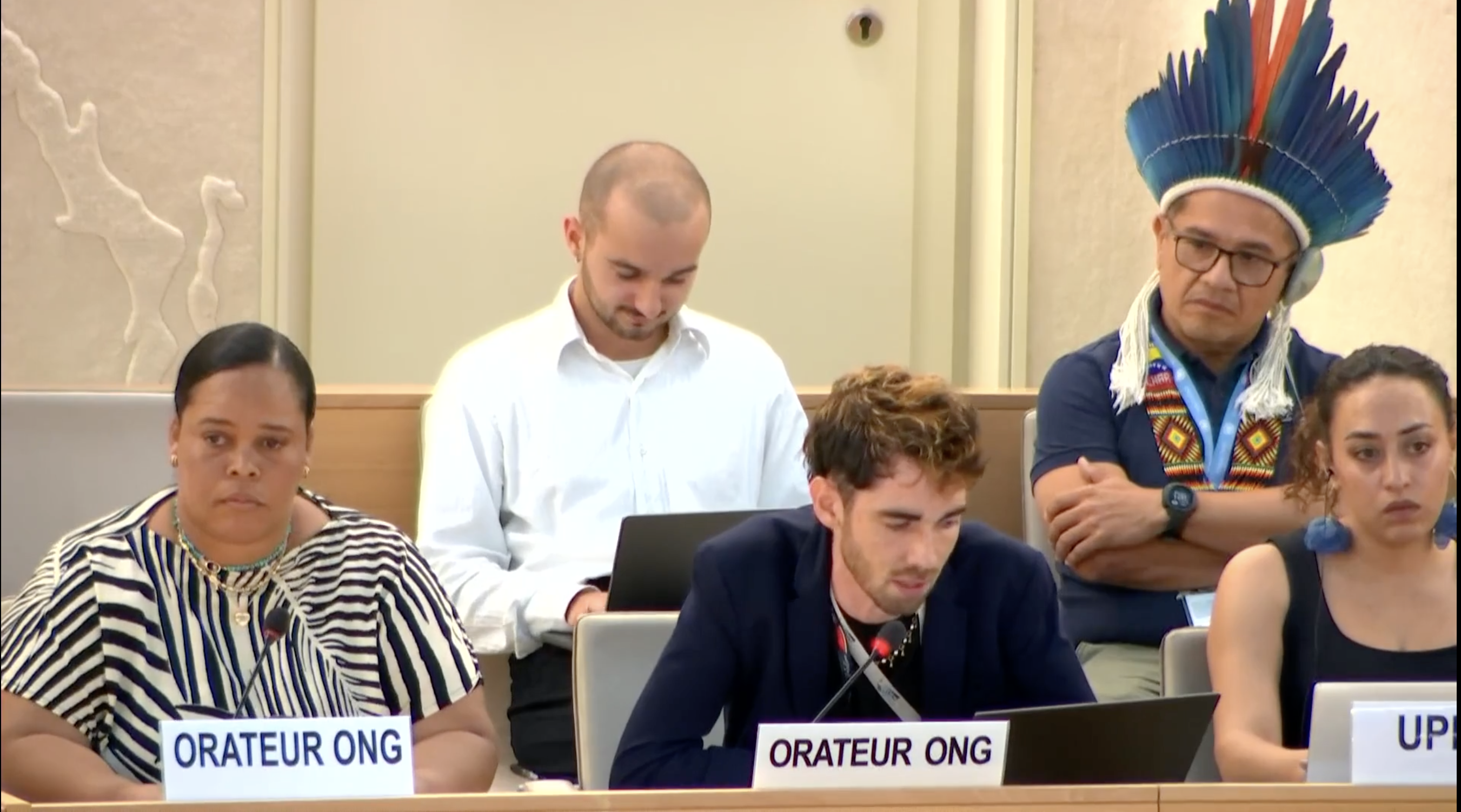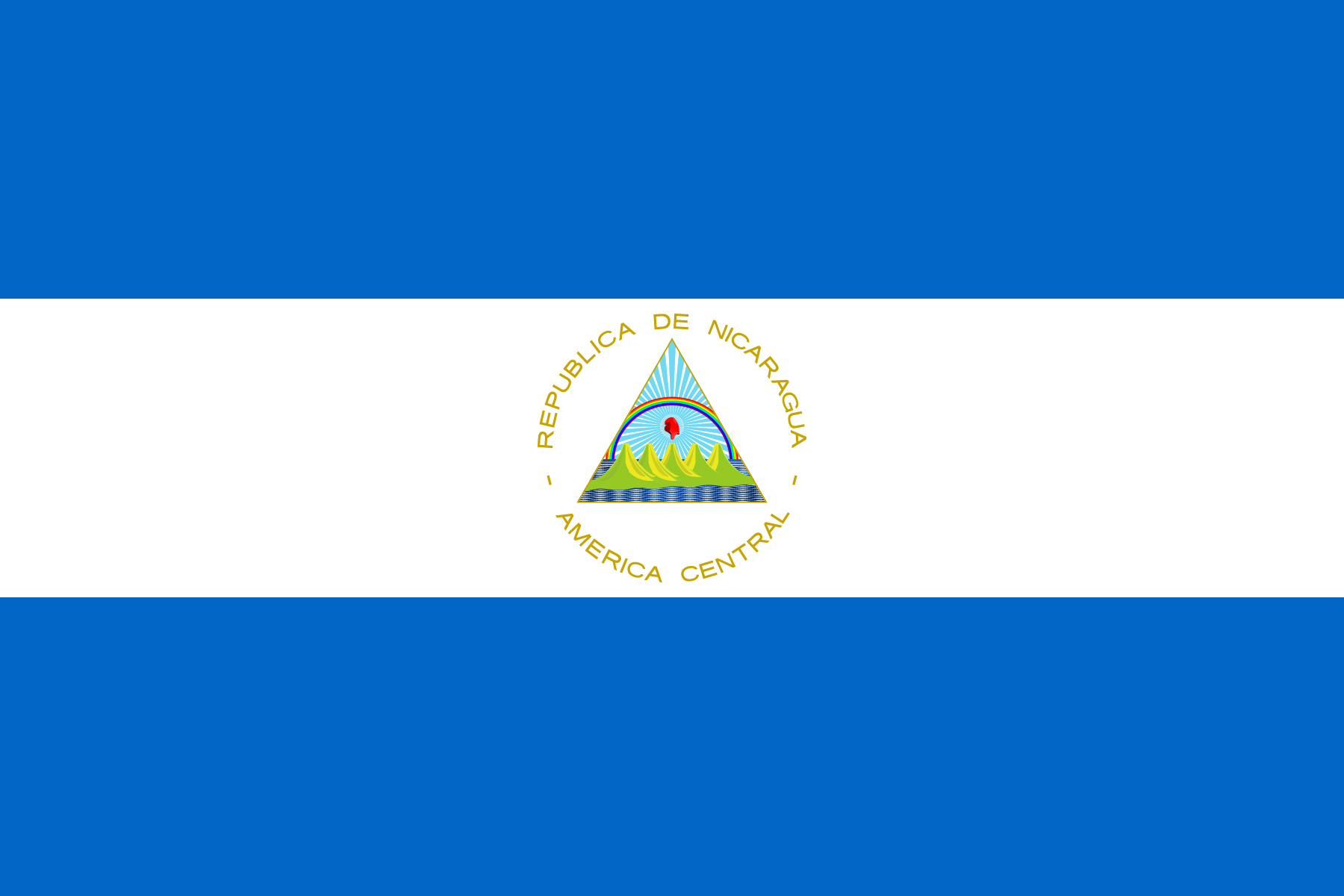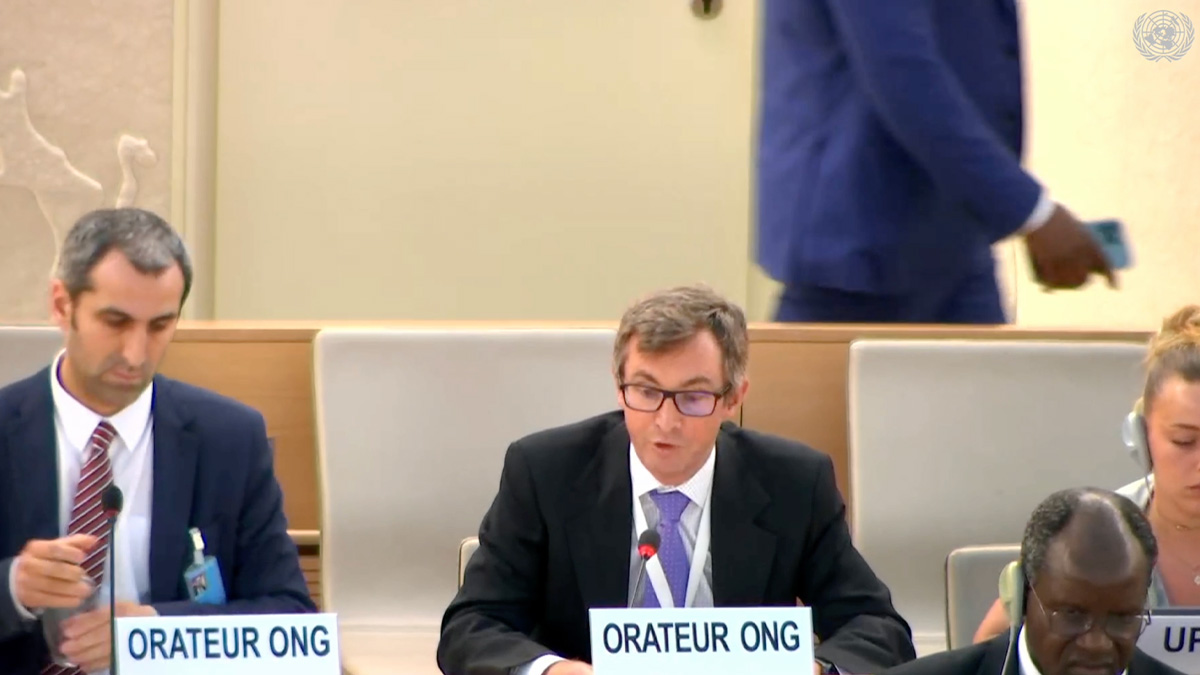This session, the Committee considered 476 applications for consultative status. 132 of these applications were new, and 344 were deferred from previous sessions. Only 103 of these were recommended for consultative status, an abysmal 21.6% of total applications for consultative status. This continues an alarming downward trend of low accreditation rates from preceding sessions, 38.2% (Regular Session 2023), 33.4% (Resumed session 2023 ) and 26% in the latest 2024 regular session.
At the outset of the session, the Deputy Chief of the NGO Branch informed Committee Members regarding a low number of new applications for consultative status being presented for consideration due to the increased workload of the Branch and inability to increase resources due to financial constraints at the UN. The number of staff in the NGO Branch had stayed constant over 15 years in spite of the enormous increase in the number of applications for consultative status. The Deputy Chief warned that the NGO Branch was reaching a point where it may no longer be able ‘to support the Committee as mandated by ECOSOC resolution 1996/31.’
When the 2024 regular session of the Committee concluded in February, civil society expectations were high for much needed reform. Lamenting the Committee’s inability to fulfil its mandate, the UK and Costa Rica had announced a Draft decision during the session seeking to reform the working methods of the Committee. While the final decision adopted this session seeks to make progress on some systemic issues, some of the proposals in the draft were weakened: this represents a major loss for civil society.
After the Secretary of the Committee delivered an oral statement elaborating the programme budget implications (PBI) of the Draft decision, certain members pushed to delay the adoption of the Draft decision. India negotiated the deletion of text enabling virtual participation of NGOs in consultative status, and the timebound reporting requirement to ECOSOC in 2025.
Amidst continued deferrals of NGOs seeking consultative status, the US called a vote to grant consultative status to two NGOs on the basis that they satisfied the requirements for consultative status but were still deferred for several years. These NGOs are: the Association of Wives and Mothers of Soldiers participating in Ato and the Urgent Action Fund for Women’s Human Rights. Unfortunately, the votes were unsuccessful with majority members voting against granting consultative status. Several members of the Committee such as China and Cuba criticised the US calling for votes and going against the spirit of cooperation and consensus of the Committee. As the parent body of the Committee, ECOSOC will now decide whether to uphold or overturn the outcomes of this vote.
‘ISHR welcomes the adoption of the decision which constitutes a working group to look into improving its methods of work, including procedures for the review of applications, the interactive dialogue and questionnaires,’ said ISHR’s Maithili Pai. ‘We however deeply regret that virtual participation of applicant NGOs was not enabled – a significant loss for NGOs that are unable to travel to New York to participate in-person in these sessions. We are also deeply concerned by the NGO Branch’s worsening inability to perform its functions and support the Committee to fulfil its crucial mandate of ensuring civil society engagement at the UN’, she added.

© Graphic: ISHR





